TL;DR
In this blog, I will share my "accidental" story as a content creator, which led me to meet amazing people and the opportunity to work in the DevRel field while I'm still in college. I'll talk about what I've learned so far, from my first tweets to building an international career. I stumbled a lot along the way, and these are the greatest lessons and tips I have for those who would like to follow a similar path.
Intro
Having not much to do during the Covid pandemic, I decided to log into my old Twitter account, which I never really used and probably had a little over 5 followers at the time. I started following many topics and accounts that I found interesting, and some of them were related to Computer Science.
At that time, I was programming occasionally at college, and I had already had contact with programming through Harvard's CS50 program (essential for beginners) in my high school, where I did technical training in computing, and a few random projects here and there. But nothing too impressive.
Eventually, I came across a hashtag that caught my attention, the #100DaysOfCode. It essentially consists of people coding for 100 consecutive days, at least 1 hour a day, and tweeting about what they learned that day.
I decided to start learning a bit of frontend, since there was a lot of content from people helping to get started and it was the most talked about topic in tech Twitter at that time. This was literally me with no followers, okay? I was doing it just to force myself to code consistently and "clock in", even if it was just for an hour.
Therefore, the tweets I made with the hashtag were not intended to be very informative or trying to teach something. They were usually just a funny thought or a relatable observation of something I learned.
Because of the reach of this hashtag at the time, created with the goal of giving visibility to new devs and helping the community, these tweets started to get some likes. I remember that on the first tweet I already had some engagement and I was very excited because my account was quite small.
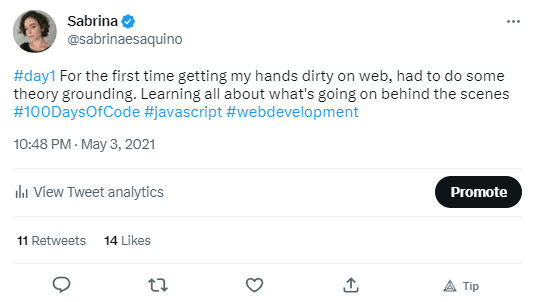
I was gaining a few followers every day, and the tweets began to get more and more reach.

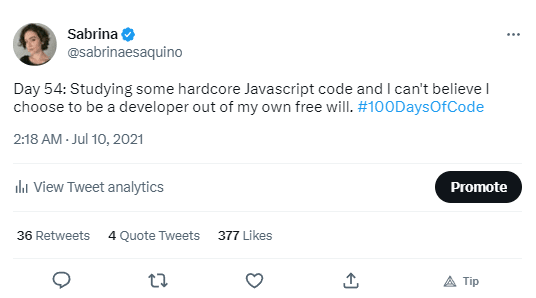
At that time I interacted a lot with people through DMs and comments, made friends that I still talk to this day, and met people who are today legends of tech Twitter, like, of course, The Jack Forge. But honestly, everyone was so nice and it was all very new and interesting to me.

Cracking a Few Jokes
Many people started following me because they identified with my type of content and humor, which I also enjoy to create. A bit unintentionally, I found my niche.
Being able to create and identify your niche is one of the most important steps in content creation, and it's what will make the difference between growing fast or slow.
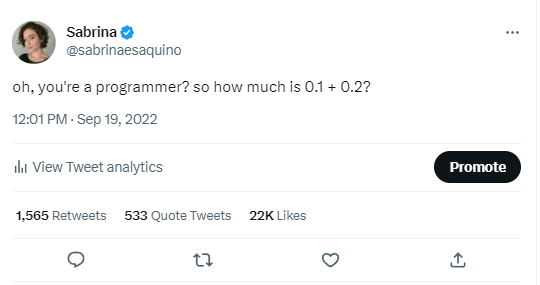
Over time I realized that, when I posted content for this niche, the engagement took on larger proportions. This happens because my audience already like these types of tweets and have somehow related them to my account, so they are much more likely to like or retweet this content coming from me.
Also, being receptive in the comments makes people interact with you more often. Here are some of the comments from that same post I just showed:
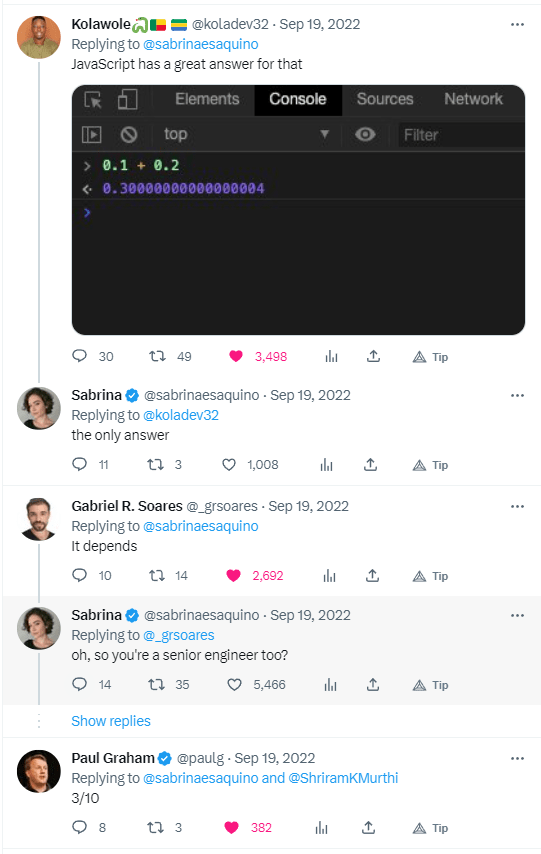
Comments are also one of the most powerful tools to increase your reach. Most of how people will see you and decide whether they like you or not is by observing how you interact with other users or followers in the comments.
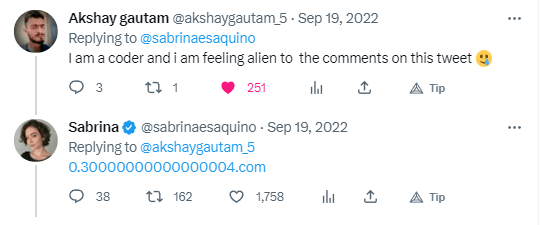
Understanding the whole process of how content creation works and how to use the algorithm to your advantage are crucial points if you plan to create an audience for your content.
In this post, I gained a lot of reach just by responding to comments, and accounts with few followers also gained a lot of visibility with a simple reply.
The POWER of Networking
When I was starting, interacting with the community was crucial to my growth. In addition to allowing you to meet incredible people, many are willing to help or have a quick chat that can make a difference in your career.
Because of these interactions, I had mentorships, picked up insights from a bunch of AWESOME folks, was invited to online events and many other opportunities that I would never have had without the help of the community.
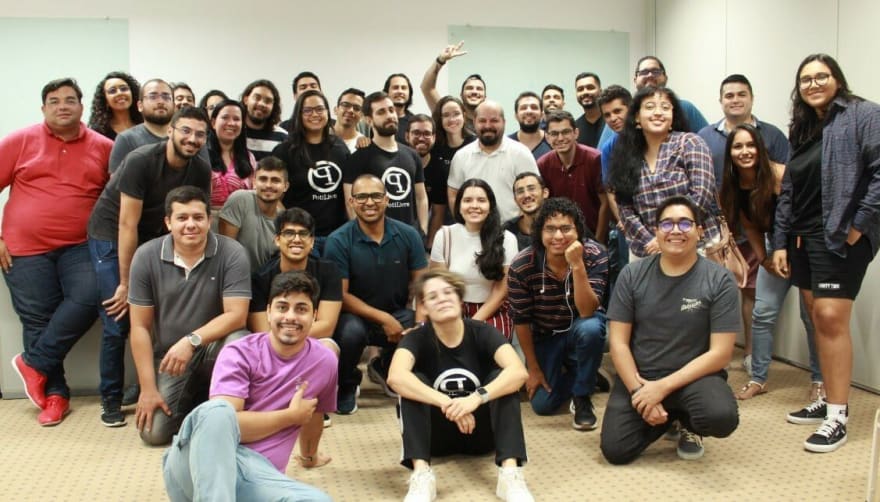
I cannot emphasize enough how important it is, regardless of your content, number of followers, or amount of likes, to make connections with other people. In the end, that's what really matters.
In short, these are the steps I consider fundamental to succeed in all these tips so far:
Choose your niche
Find the top people in it
Interact with their content
Create your own content
Stay consistent
Engage with the community
By following steps 1 to 3, it's guaranteed that you'll start drawing attention to your account. Your job now is to turn the attention into followers.
In step 4, be sure to produce value and focus on your specific niche. Be original and post things authentically, always take some time to plan your next step. This will make people want to follow you and interact with your content.
For steps 5 and 6, try to post every day. This will make people see more of you and increase the chance of becoming a follower. Respond to the comments you can and interact with your followers. Nobody likes to follow a ghost account!
Taking a Hobby Seriously
Creating an online presence was a process that taught me a lot, but for a long time, I saw it just as a hobby, which motivated me to code consistently. I did it because I liked it.
But how did this lead me to DevRel?
After leaving a software developer internship, I received an offer to work part-time as a community manager for Shakudo, where I still work today. Obviously, I was very excited about the proposal to work internationally and with something I already enjoyed doing for free.
During this period, I graduated in Computer Science and Technology from UFRN, which is a generalist to enter my current course of Computer Engineering. Eventually, the technical skills that I built over the years alone and at college, along with my experience with community creation, helped me enter fully as a Developer Advocate at Shakudo 🎉
Now, I am responsible for making product demos, creating blogs and case studies, writing documentation, and managing various initiatives, ensuring they align with the company's objectives. I will talk more about my day-to-day life as a Developer Advocate in future posts.
Most of my team works at the office in Canada so often times I look like this which I find quite funny:
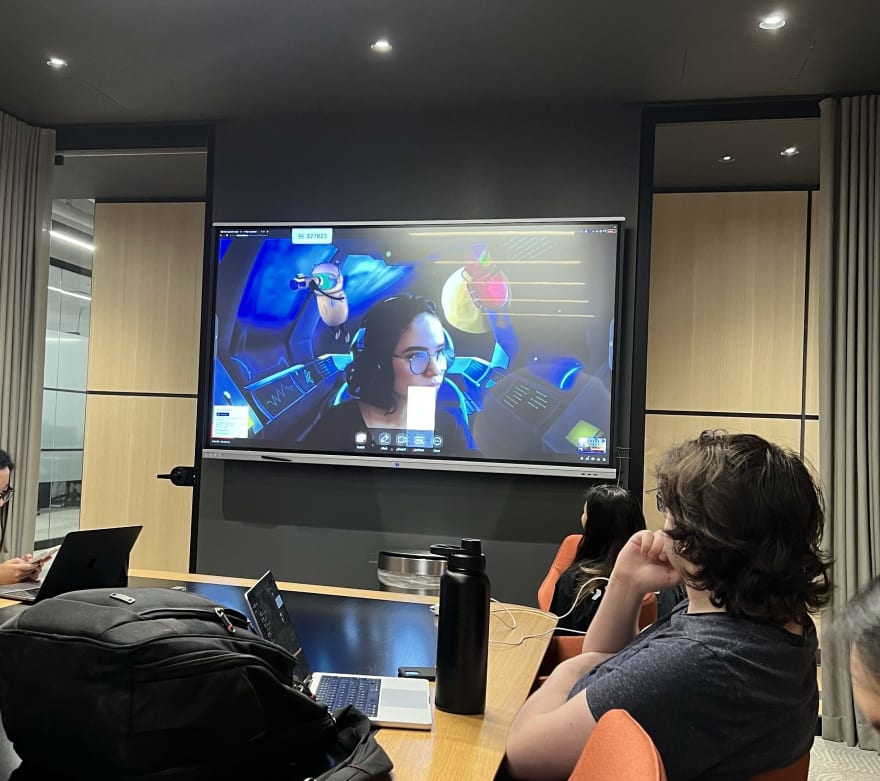
But Sabrina, do I NEED to create my own audience to work in DevRel?
The answer is: NO!
You don't need any online influence to be a good DevRel, and not everyone wants to expose themselves publicly like this.
HOWEVER
If you want to work in this field, it is good to have some track record of success in creating content and developing communities, in addition to technical skills.
I talk about online presence because it is the method that worked for me and for dozens of other people I know who work in DevRel today. But this is not the case for a large part of DevRel professionals. There are several entry points and everything depends on you and how you want to build your career.
LOTS to Learn
Surely, there are many things you need to learn to succeed in DevRel. It's normal that some of them are easier for you than others, so my tip is:
"Do something bad with effort to later do something good without effort."
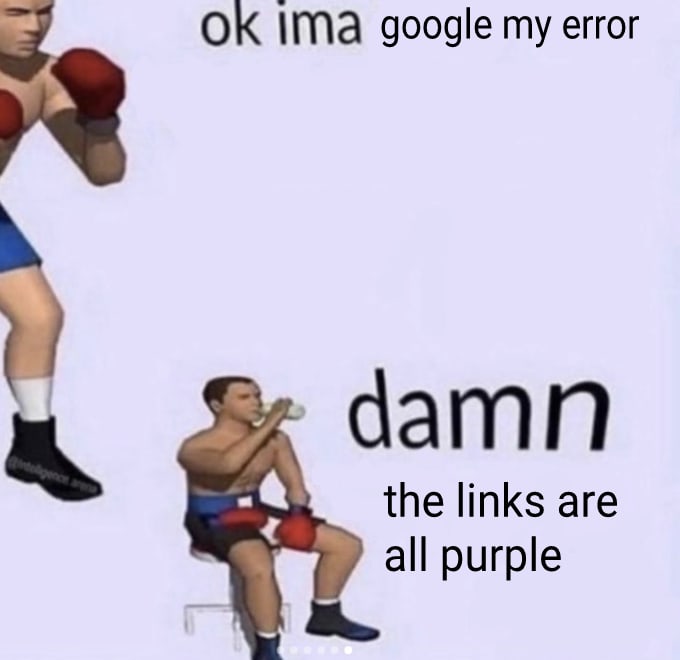
Don't try to achieve perfection right away. If you do something that doesn't seem so good now, but can be improved, post it, analyze what can be improved and get better over time. Rome wasn't built in a day.
This process will eventually become natural to you, increasing the amount of quality content that you will be able to generate in a short time.
Don't stop posting your learnings on social media. Besides being a great type of content, it's quite motivating for those who would like to do something similar.
In summary: How to Start a Community
If you don't yet have an online presence and are wondering how to start from scratch your own personal brand or developer community, here are some things you should consider before starting:
- Plan your social network
I talk a lot about Twitter (or X), as it ends up being the network I like most and that has provided me with various opportunities. This does not mean that other networks also do not have incredible opportunities for personal and community growth. Other examples are: Instagram, Twitch, Reddit, Youtube, and Discord.

Before starting, analyze which fits better with your profile and what type of content you would like to produce. Here are some examples of successful developer communities on each of these apps:
Javascript Wizz - Instagram
ThePrimeagen - Twitch
WebDev - Reddit
Joma Tech - Youtube
Hashnode - Discord
- Start small
Setting big goals right away can easily lead to frustration, demotivation, or burnout. You are more likely to do better if you focus on gaining 10 followers or members in 1 week, rather than 10,000 in a year.
- Maintain Consistency
It doesn't hurt to repeat how essential this is. One of the methods I used to stay consistent was the #100DaysOfCode hashtag. Regardless of what you choose for this, the important thing is to show up every day, and create a little bit of value or fun for the community.
Understand your community niche, study what other people are doing and apply this knowledge to your content consistently.
- Innovate
Having a differential is an important factor to scale your community. Ask yourself: there are already many communities out there that developers can join. Why would they choose to join yours? Think about something you would like to see happening today that still doesn't have much support.
It could be an open-source project that would help many people to start in some language. Or a way to facilitate people transitioning careers to tech after the age of 30. Maybe a community totally focused on creating no-code things or with artificial intelligence.
Choose something that you have an affinity with and create something new that you would like to see within that area. Chances are that many people would also like to participate in your idea.
Conclusion
I shared here a little bit of my experience and many small things that led me to pursue an international career while still finishing my degree in Computer Engineering.
However, the most valuable tip I have learned so far and that can help in any career and in life in general is: always be ready to fail and learn.
If you constantly learn, work hard, and not be a jerk, the chances of you being extremely successful in DevRel or any other career are enormous.
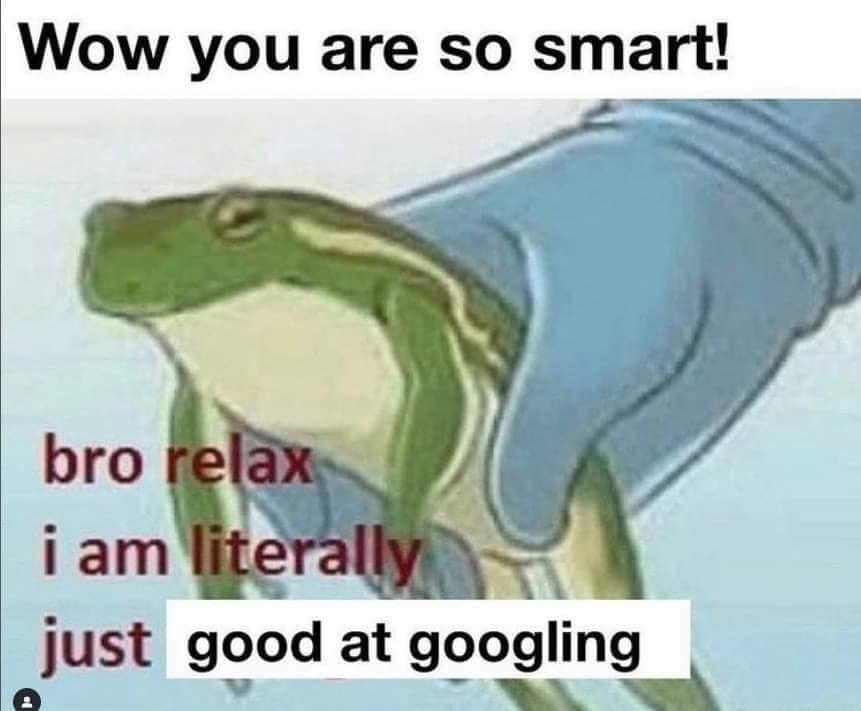
I hope this post has helped you understand a little more about the importance of creating an online presence, and in the best case scenario, may it be the seed of motivation for someone to start building their own developer community.
